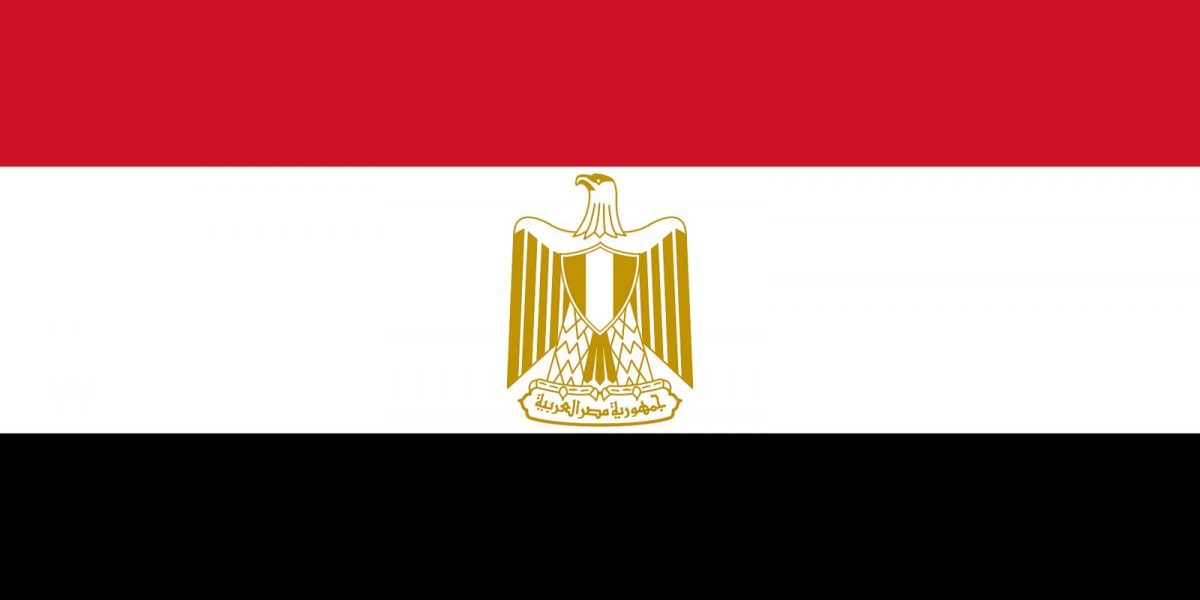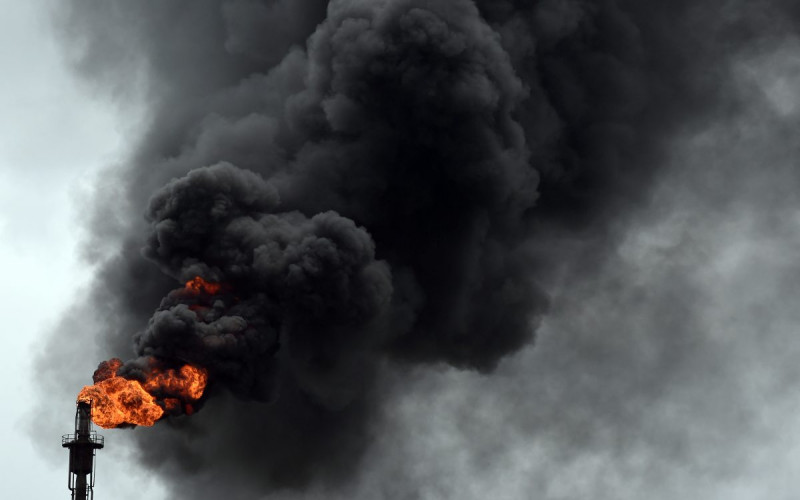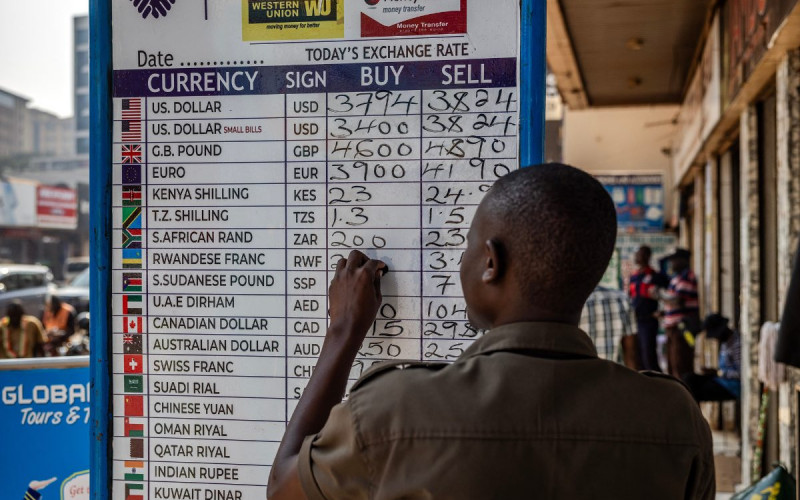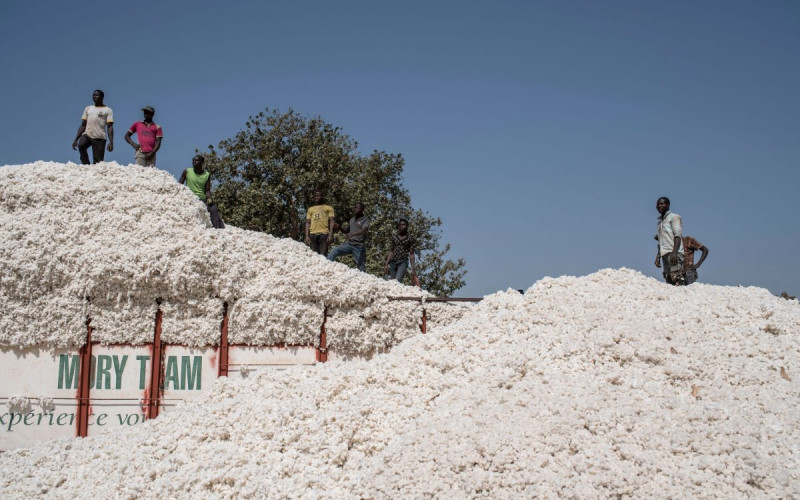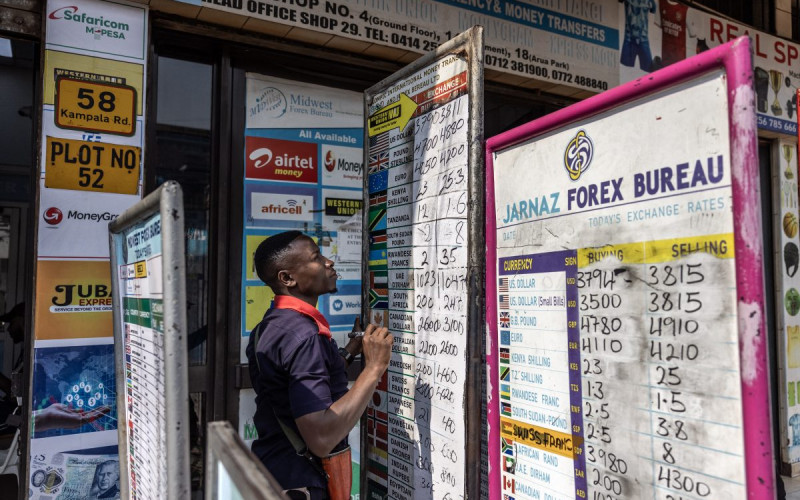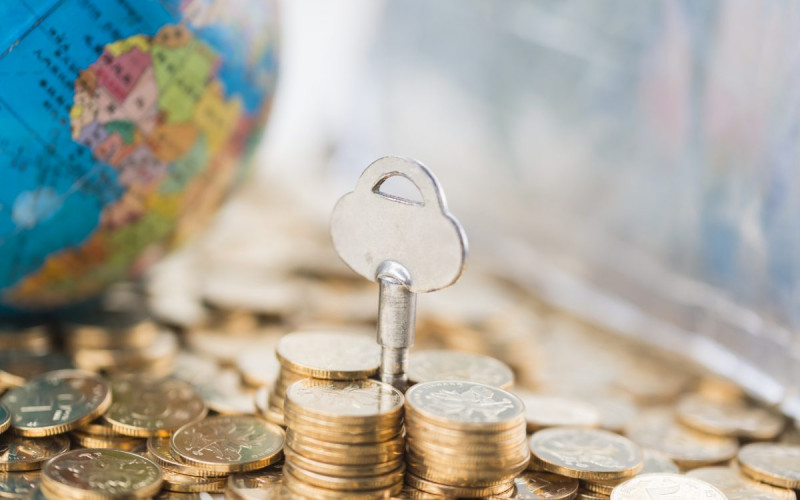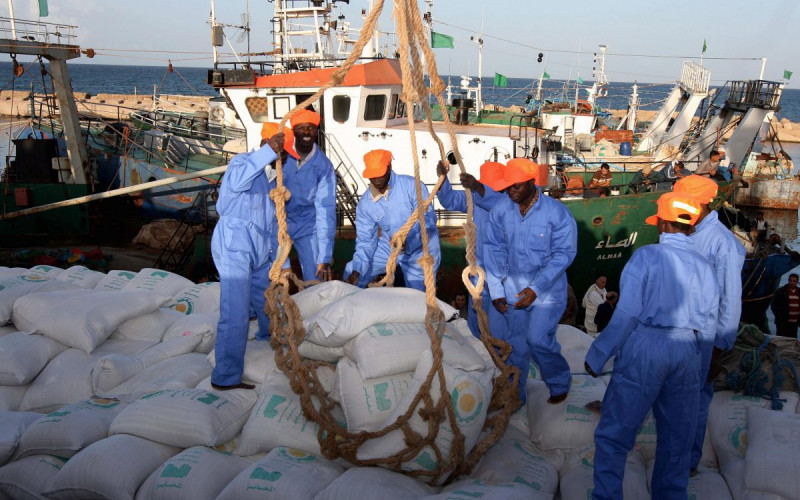Mubarak’s liberalisation of the economy, the introduction of fiscal, monetary and institutional reforms, and the country’s relative political stability are his trump cards. For international and local investors this means a continuation of investment-friendly policies. On assuming the presidency on October 6 1981 after the assassination of president Anwar Sadat by Islamic fundamentalists, Mubarak inherited a wide range of political and economic problems after decades of regional conflicts and slow economic growth.
The nationalisation of privately owned industries and the introduction of socialist-based economic policies stifled economic growth and drove away foreign investments. Egypt’s domestic tensions between Christians and Muslims during the late 1970s and 1980s, the rise of Islamic militancy and violence since the 1980s, and high military expenditure to finance Egypt’s wars with Israel since the 1950s all contributed to a budget deficit of 21% of gross domestic product (GDP) by 1986-87.
A drop in tourism (the country’s main source of foreign revenue), rising inflation, high unemployment, high real interest rates, a shortage of foreign currency and a depressed regional and global environment all led to the further deterioration of the economy.
By 1991, Mubarak embarked on a bold economic reform and stabilisation programme supported by bilateral trade relief from the Paris Club and a structural adjustment loan from the World Bank. It included a removal of certain price controls and a reduction in food subsidies, standardisation of the exchange rate, interest-rate liberalisation, reform of the public and financial sector and foreign trade liberalisation.
In addition, major strides were made in rebuilding and consolidating infrastructure, reducing the time and costs in opening new businesses, revamping conditions for the operation and exit of business, streamlining procedures, dismantling bureaucratic barriers, privatising hundreds of inefficient state-owned enterprises, lifting import restrictions and introducing a free-floating exchange rate. The government also introduced many incentives to attract more foreign direct investment.
The reforms have resulted in economic growth of about 4,4% over the past eight years. Egypt expects growth of 5,5% for 2004-05 due to the recovery of the tourism industry, rising oil prices and increasing natural gas production.
The private sector, discouraged under former president Gamal Abdel Nasser’s experiment with socialism, now accounts for more than 70% of GDP. The standard of the public service has improved significantly.
Today Egypt is recognised as having one of the most open and integrated markets in the Middle East and one of the most diversified and strongest economies in Africa.
South African investors have taken note of Egypt’s improving economic conditions and vast investment opportunities. According to SA’s embassy in Cairo, there are five established South African companies and a further 20 subsidiaries operating in Egypt. Trade between Egypt and SA has grown significantly. South African exports to Egypt rose from R126m in 2000 to R269m in 2003. Imports from Egypt were placed at R358m in 2003, up from R52m in 2001.
Government efforts to strengthen the Egyptian economy while ensuring political stability constitute Mubarak’s electoral platform for re-election. If reelected, he has promised that he will continue with the reforms he has initiated since 1991 — speeding up the privatisation of the remaining state-owned enterprises, creating more jobs for graduates and further improving living standards. He has also stressed that he will abolish emergency laws, protect the interests of the Coptic Christian minority, continue to crush Islamic militancy, and speed up democratic reforms.
However, many observers — in Egypt and abroad — feel that Mubarak’s electoral reforms, including allowing multiparty presidential elections for the first time, are a result of pressure from the Bush administration for regime change in the Middle East and pressure from Europe for greater political accountability. This coincides with growing domestic pressure to reform the political system.
Opposition parties have complained that the reforms do not go far enough in ensuring real democratic change. They stress that the government maintains control of much of the media and state apparatus. A committee of parliament — which is dominated by Mubarak’s NDP — passed tough guidelines that exclude independent candidates not from approved political parties.
In addition, Egyptian law obliges prospective candidates to be endorsed by a minimum of 250 elected officials. This is particularly difficult as the NDP holds the majority in elected institutions. The ruling party controls 90% of seats in parliament and 98,5% of seats in provincial councils.
Lastly, only parties that are more than five years old may put forward candidates. Thus, the contestation of this year’s presidential elections by the country’s weak and fragmented opposition parties is largely symbolic.
Several parties, including the left-wing Nasserists and the Tegammu, are boycotting the elections. One of the regime’s toughest and most vocal critics — the Kifaya movement — has not put forward a candidate. The largest and most important opposition, the Muslim Brotherhood, is officially banned. Egypt does not allow the formation of parties along religious lines.
Among the nine challengers in the poll, only the liberal Wafd Party leader, Noaman Gomaa, and reformist Ayman Nour of the liberal Ghad (Tomorrow) party, stand out as credible challengers to Mubarak’s re-election aspirations.
But Mubarak’s certain re-election is expected to signify a continuation of the business and investment-friendly policies of the government. This will support a closer economic relationship between SA and Egypt.

